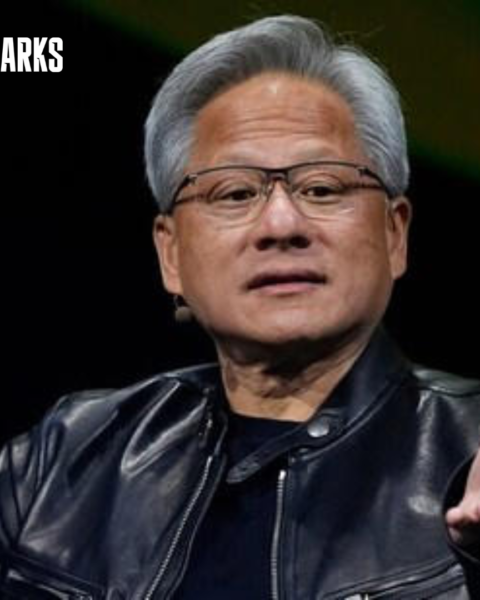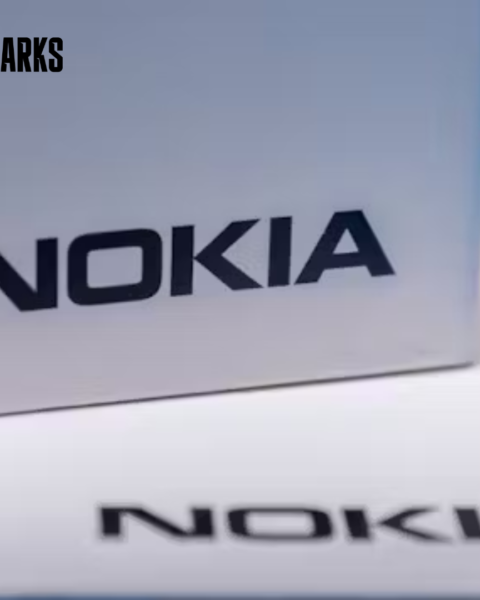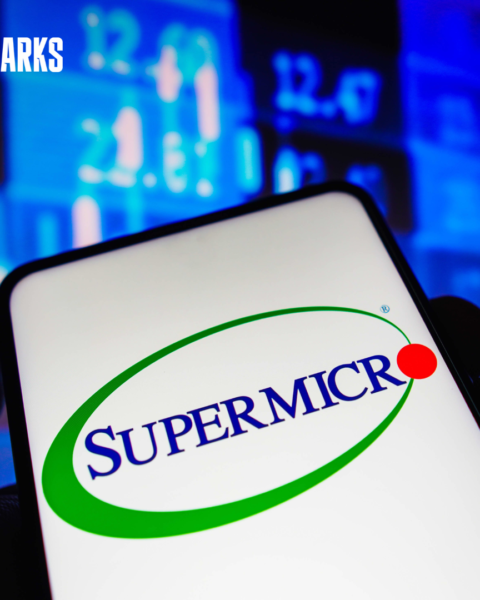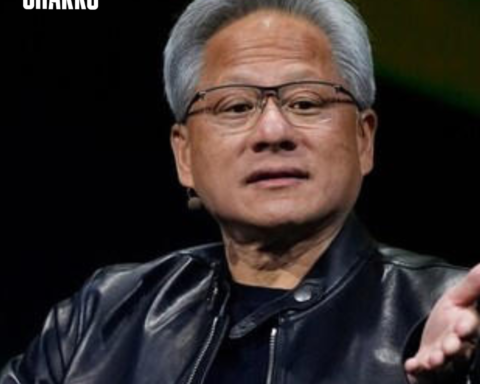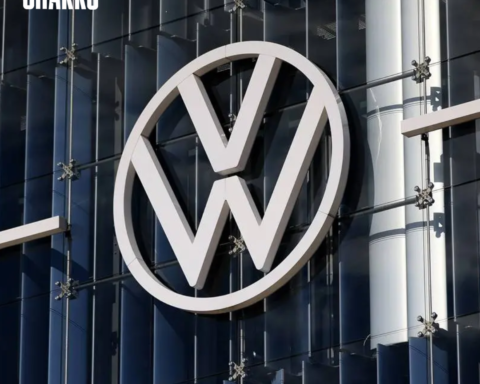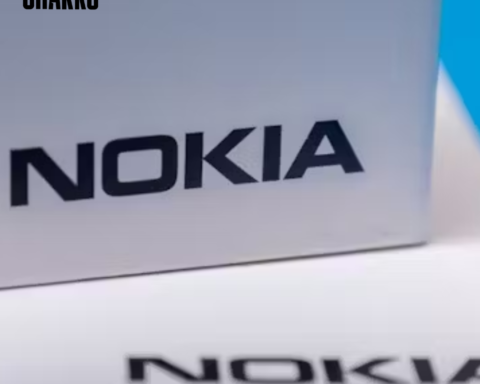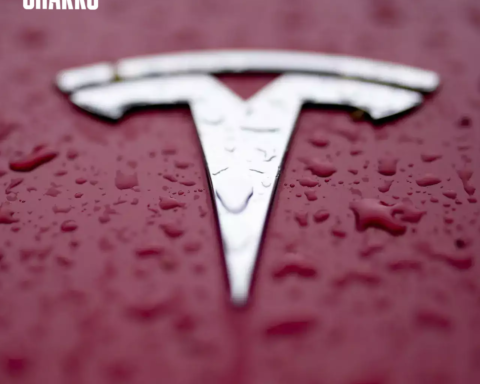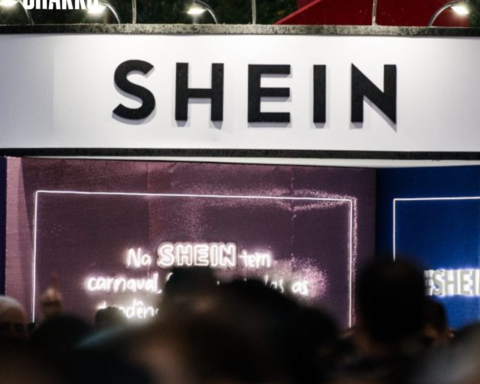ASML Shares Drop Sharply Amid U.S. Export Restriction Concerns
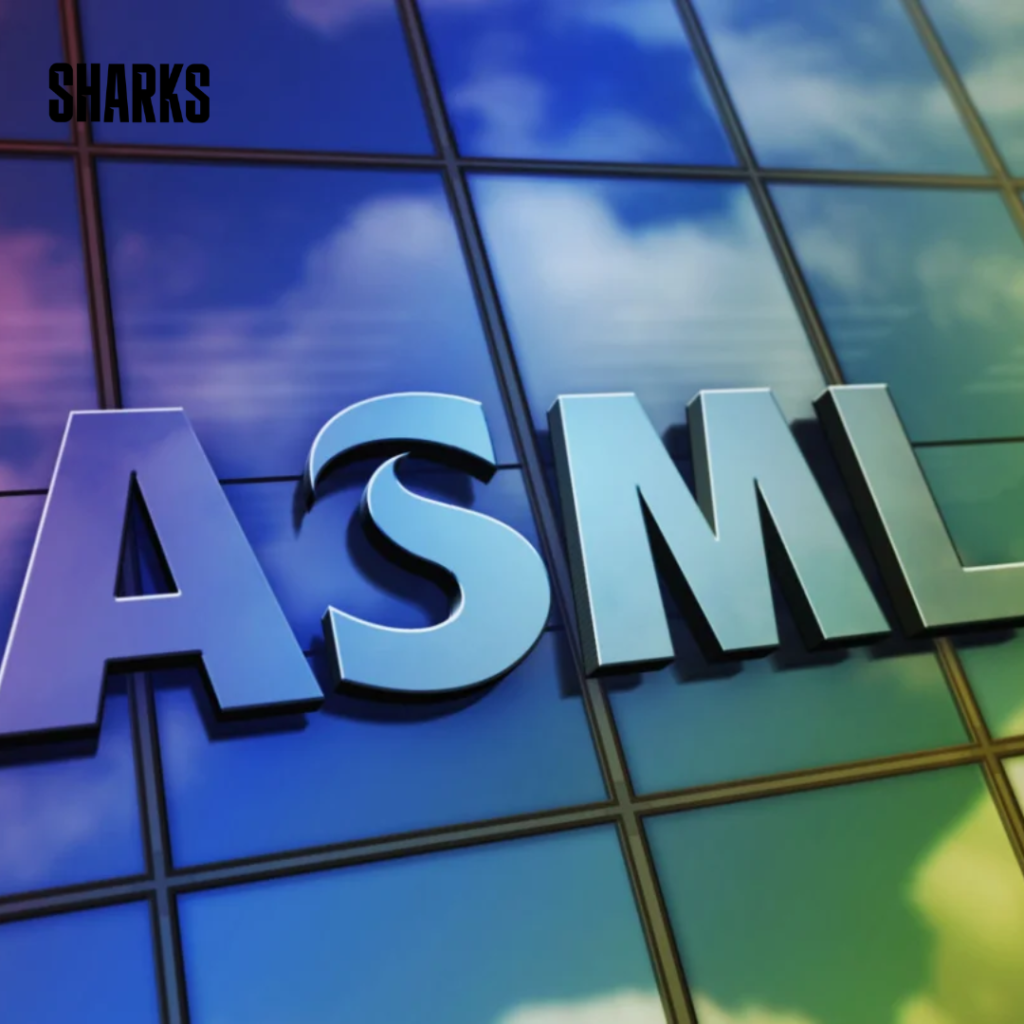
Shares in ASML, the leading supplier of computer chip-making equipment, fell sharply by more than 10% on Wednesday due to concerns over potential tighter export restrictions to China imposed by the U.S. government.
This drop overshadowed the company’s second-quarter earnings, which beat forecasts and showed increased AI-linked bookings and continued strong sales in China.
U.S. Pressure and Export Controls:
Bloomberg reported that the U.S. is urging allies, including the Netherlands, to impose stricter export controls on chip equipment to China and threatens unilateral action if they do not comply.
Due to U.S. and European regulations, ASML is already restricted from selling most of its advanced products in China and faces further limitations in servicing existing equipment in some Chinese plants.
Company and Government Responses:
ASML’s new CEO, Christophe Fouquet, declined to comment on these rumors during his first analyst call following the earnings report. The Dutch foreign ministry also refrained from commenting but emphasized ongoing close contact with allies regarding export controls, which is considered a national security matter.
Despite these geopolitical pressures, ASML reported a net income of 1.6 billion euros ($1.74 billion) for the quarter ending June 30, down 19% from the previous year but exceeded analysts’ expectations of 1.41 billion euros. Revenue fell 9.5% to 6.2 billion euros, surpassing analysts’ estimates of 6.04 billion euros.
Market Position and Future Outlook:
ASML continues to dominate the market for lithography systems, which are essential tools for creating the tiny circuitry in computer chips. The company views 2024 as a “transition year” and expects a strong performance in 2025, driven by developments in AI.
China, typically ASML’s third-largest market after Taiwan and South Korea, accounted for more than 2 billion euros in lithography system sales in the second quarter, representing around 49% of the total.
About 20% of ASML’s current order backlog is for sales to China, which CFO Roger Dassen noted could be redirected to other markets, given the global demand for older chip generations used in automotive and industrial applications.
Geopolitical and Market Reactions:
Analysts linked the share price decline to the Bloomberg report and comments from U.S. presidential candidate Donald Trump, who claimed that Taiwan had taken “100% of our chip business.” ASML’s primary customer is Taiwan’s TSMC, a major supplier for Nvidia and Apple.
Citi analysts noted that geopolitical concerns will likely overshadow the company’s financial results, highlighting increasing pressure for further restrictions on ASML’s exports.
Advanced EUV Product Line and Future Projects:
ASML reported new bookings of 5.6 billion euros, up from 3.6 billion euros in the previous quarter. Significant contributions came from its advanced EUV product lines, critical for manufacturing AI and smartphone chips. Analysts expected the order book to increase to about 5 billion euros.
The increase in EUV orders was attributed to strong demand from TSMC and Intel, both of which, along with Samsung, are engaged in significant construction projects scheduled to be equipped with ASML’s technology between 2025 and 2027.
Market Impact:
Following the decline, ASML’s shares rose 28% year-to-date and were down 7.9% to 900.00 euros at 1236 GMT, pulling other European chip stocks lower. Despite the drop, the company’s strategic positioning in the AI and semiconductor sectors remains strong, with positive long-term prospects.
Share This
Tony Boyce is a seasoned journalist and editor at Sharks Magazine, where his expertise in business and startups journalism shines through his compelling storytelling and in-depth analysis. With 12 years of experience navigating the intricate world of entrepreneurship and business news, Tony has become a trusted voice for readers seeking insights into the latest trends, strategies, and success stories.

